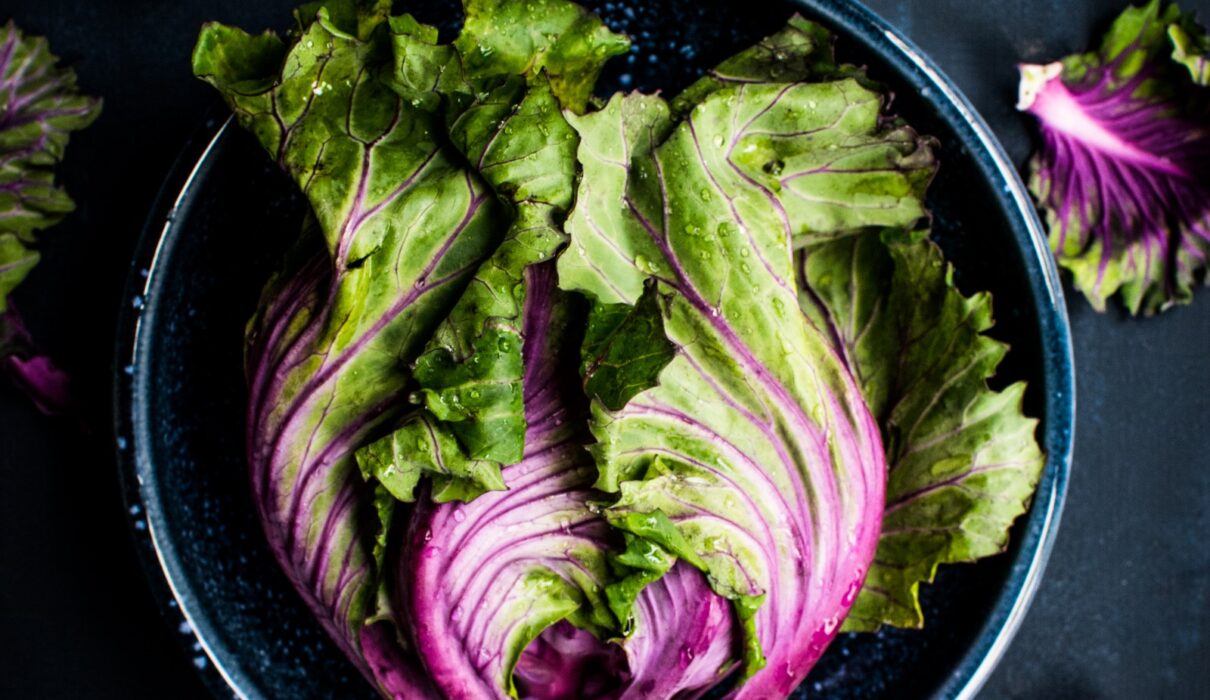The best kind of medicine is likely to be in your kitchen
Who could ever forget the quote, “Let food be thy medicine, and medicine be thy food.”
Hippocrates was a brilliant man.
He understood the power of food and its ability to prevent and cure diseases.
This theory still holds today, despite the inundation of junk and processed foods that tempt us daily.
Recent studies don’t only underline the never-ending therapeutic potential of lifestyle habits but are also generating valuable insights into the complex and dynamic transition from health to disease.
If we can prevent the onslaught of disease through lifestyle habits, then I am not sure why more people aren’t rushing to take this approach.
It startles me how little people know about the basics of nutrition — especially when it comes to preventing and even curing chronic ailments and diseases.
Take, for instance, the growing evidence of plant-based foods and their positive impact on our health.
But, on the other hand, it leaves me in total confusion as to why people aren’t eating more greens!
A clinical trial involved 137 subjects who had a high body mass index.
Unfortunately, a higher body mass index usually signifies low Indole in the blood. Low Indole levels indicate a higher amount of fatty deposits in the liver.
Researchers wanted to study the impact of Indole by using animal models fed a low-fat diet as a control and a high-fat diet to stimulate the effects of non-alcoholic fatty liver disease.
Animals with higher levels of Indole had significantly decreased fat accumulation and inflammation within the liver. All due to a caloric-controlled diet.
Key take away
It’s clear through this study that increasing your level of Indole, a natural compound found in our gut bacteria, is the key to lowering the fat accumulation and inflammation within the liver.
Eating more foods with this compound is found in cruciferous vegetables, like cabbage, kale, cauliflower and brussels sprouts.
Research suggests that healthy foods with a high capacity for indole production are essential in preventing non-alcoholic fatty liver disease.
So, Hippocrates was right (in most cases anyway) because we can heal through nutrition — and plant-based nutrition is critical.
Here are some ideas to help flourish your good gut bacteria along the way
One: Eat seasonal veggies. The more green, the better, but eating a variety is key. Choose whatever vegetables are available and within-season in your part of the world.
Two: Probiotics. Eat lots of probiotic-filled yogurts and take supplementation every day.
Three: Fermented foods. These foods are gold for your gut health. Sauerkraut, tempeh and kombucha are great additions to any diet.
Four: Fibre! Fibre is your best friend here. Include lentils, beans, whole grains and nuts into your diet.
Simple changes to your diet can turn your life around for the better.
It’s advantageous for you to include plant-based foods on your list of must-haves during every single grocery purchase.
Veggies are easily integrated with all different kinds of food, and you can never have too many.
I’m on Youtube! Please help grow awareness of health, lifestyle and well-being holistically, and follow my YouTube channel here.
Medium — Please sign up via my link if you want to read more articles like this or start writing your writing journey.
Sign up here for your medium subscription.
I get a portion of your monthly fee at no extra cost to you, and it will go a long way in supporting me as a writer.
As a gift, please download this as a thank you.
